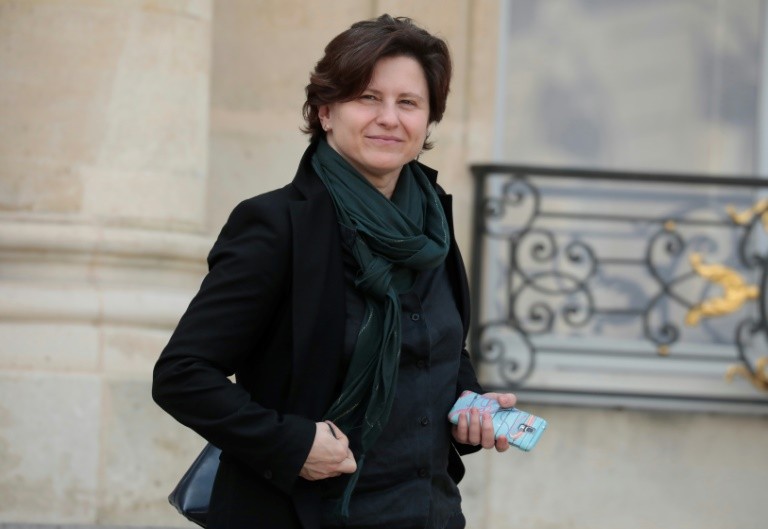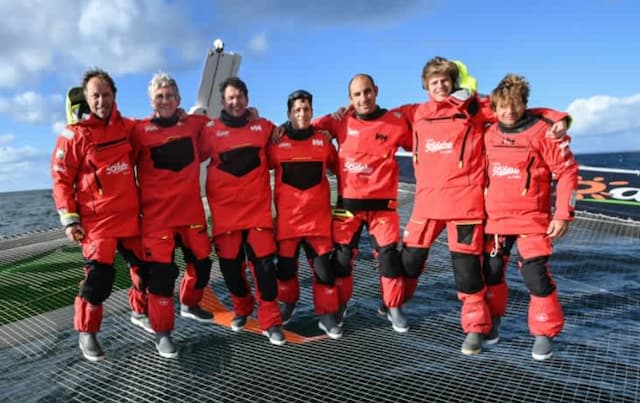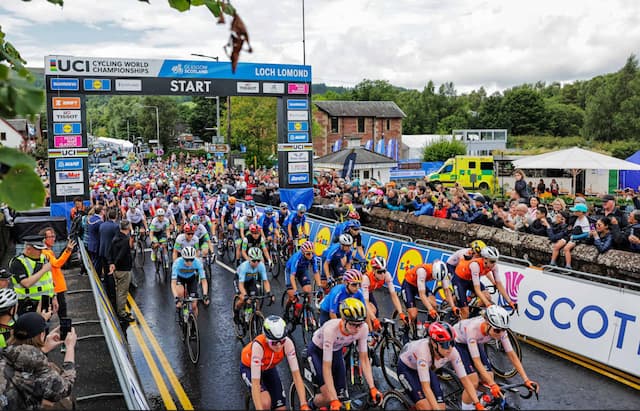Penalise Clubs for Homophobic and Racist Songs: Possible but Not Enough

Sports Minister Roxana Maracineanu has reopened an old debate this weekend by “judging inadmissible” the songs heard during the last clasico “PSG-OM” in Paris.
Should football clubs be penalised when tribunes play homophobic or racist songs? In France, sanctions are theoretically possible but very little applied and actors also plead for the dialogue and awareness of supporters.
Sports Minister Roxana Maracineanu has reopened an old debate this weekend, saying that the songs heard during the last “PSG-OM” clasico at the Parc des Princes on March 17th were “inadmissible”.
“Empowering clubs”
That evening, some of the ultra Parisians had boycotted the first hour of the match, to protest after the elimination in the Champions League against Manchester United, before arriving in his parking. And to sing refrains assimilating the Marseillais to “rats”, “fagots” or “f**kers” were all more audible.
Après un quart d’heure de grève, le @Co_Ultras_Paris débarque en tribune avec “Paris c’est nous” puis des chants antimarseillais #psgom pic.twitter.com/jZXti7fiJW
— François Denat (@francoisdenat) March 17, 2019
Taxed as “candid” or “bisexual”, targeted by a truck of sexist insults on social networks, the minister reiterated that she was in favour of sanctions against clubs to “empower them”. “Weakness, failure and defeat can not be associated with the image of femininity and homosexuality,” she added at a meeting of the National Instance of Support.
Sanctions canceled
In theory, disciplinary penalties are possible. The regulations of the Professional Football League (LFP) provide that “any oral or visual expression that may provoke hatred or violence against any person or group of persons is prohibited”.
“These sanctions can only be pronounced with regard to the clubs or their leaders”, explained, in June 2018, the general director of the LFP, Didier Quillot, in a mail of response to the collective Red Direct, the elders of the Paris Foot Gay who fight against homophobia in stadiums. He conceded that cases were rare, “especially in view of the difficulty of finding and materializing punishable acts”, before listing the preventive actions of the LFP.
In 2007 and 2008, the Bastia club was sanctioned twice by points withdrawals, the first canceled by the administrative justice, for the racist attitude of its supporters towards Burkina Faso striker Boubacar Kébé of Libourne.
At the same time, the administrative justice had also canceled the exclusion of the PSG League Cup for a year, which came to sanction the banner “Pedophiles, unemployed, consanguineous: welcome to the Ch’tis”, to the address Lensois.
“Folklore”
The word “fagot” is still frequently used in songs and the attitude of the LFP is “hypocrisy”, according to the spokesman of Red Direct, Julien Pontes.
“If we close our eyes, shut our ears, do not train stewards, we do not place observers, we can not actually see anything,” he says.
On Monday, the president of the LFP, Nathalie Boy de la Tour, has just signed a partnership with the International League Against Racism and Antisemitism (Licra), intended to better identify the songs when they pose a problem. But at the same time, she shocked associations by saying that “for many fans, it’s part of folklore”.
However, it must be taken into account, according to the sociologist specialist in support, Nicolas Hourcade, which calls for “understanding this culture where the insult of the opponent is deeply rooted and verbal violence accepted.” This does not preclude, he says, awareness.
Dialogue
Several actors cite as an example a tournament organized at Insep several years ago between Paris Foot Gay and ultras groups. Nicolas Hourcade remembers a “real time of exchange on the meanings of the songs for the ultras”, on the way “it was perceived by the associations of fight against homophobia”.
“Everyone has to think to see how these songs can be less insulting, less discriminatory for a part of the population (…) but from there to talk about a deep problem of homophobia in the stands, I do not think that this the reality, “said Ronan Evain, coordinator of the Football supporters Europe (FSE) network.
“Through dialogue, we can solve a lot of problems. In talking with the supporters, it’s going well, “notes the spokesman of Rouge Direct. “But punishment is also a form of pedagogy,” says Julien Pontes.
Enjoyed this? Get the week’s top France stories
One email every Sunday. Unsubscribe anytime.


